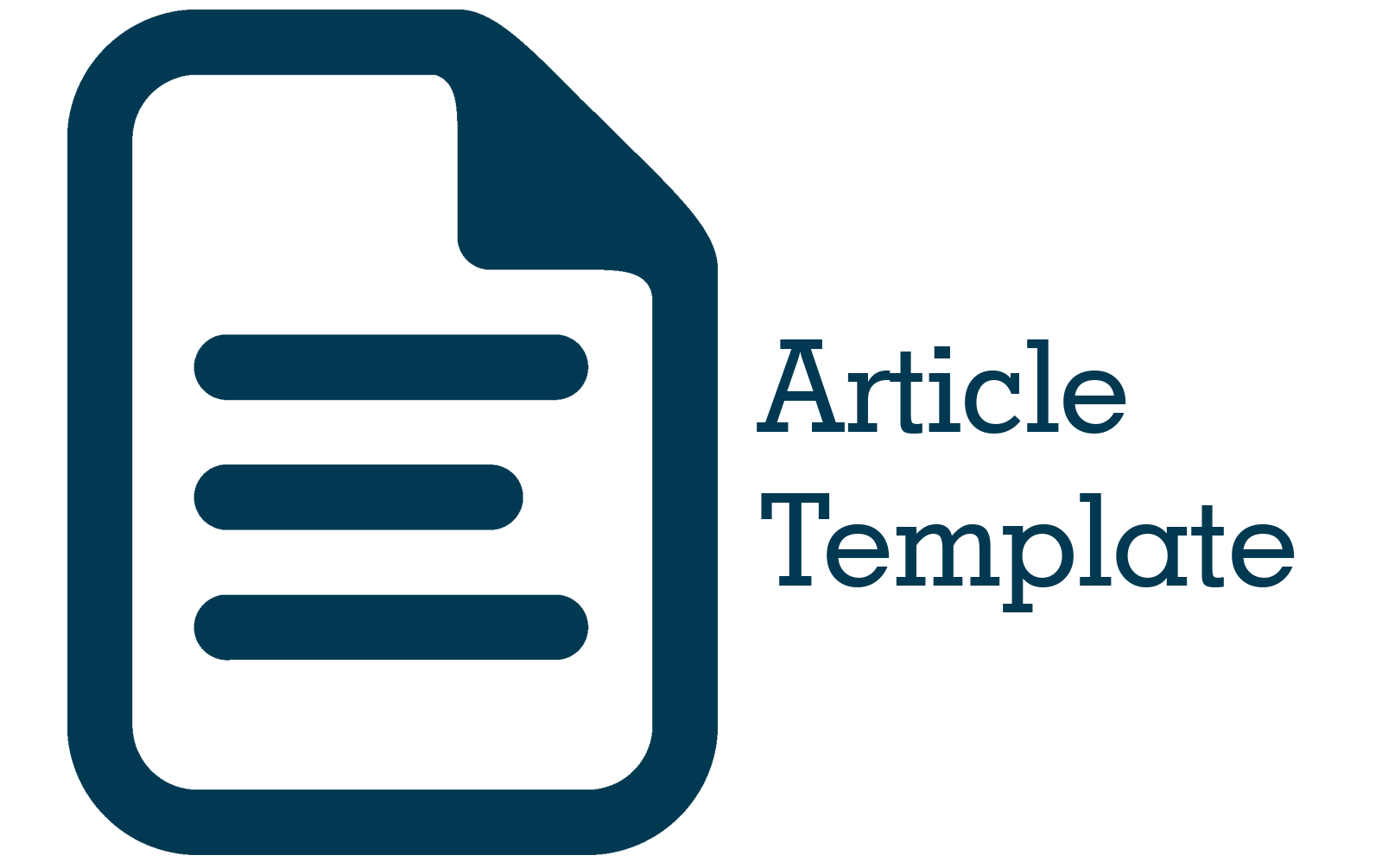EFEKTIVITAS METODE TIKRAR UNTUK MENINGKATKAN KEMAMPUAN MENGHAFAL AL QUR’AN SISWA KELAS IV DI SEKOLAH DASAR PENGHAFAL QUR’AN INSAN TAQWA
Abstract
This study aims to determine the effectiveness of the tikrar method on improving students' ability to memorize the Qur'an at Insan Taqwa Qur'an Memorization Elementary School. The approach used in this research is a quantitative approach with experimental research methods. The subjects of this study were all fourth-grade students totaling 25 students. The data analysis technique was carried out by t-test (Independent Sample T-test). The results showed that the ability to increase the memorization of the Qur'an after the application of the Tikrar method increased by 51%. Supporting factors include: Careful preparation, Motivation and Stimulus, Age Factor, while for the inhibitors include, less good at dividing time, bad mood, laziness. The conclusion of this study is that the Tikrar Method is effective in improving students' ability to memorize the Qur'an.
References
2. Alifuddin M, Alhamuddin A, Nurjannah N. School of Anak Laut (Sea Children): Educational Philanthropy Movement in Bajo Community of Three-Coral World Center. Jurnal Iqra’ : Kajian Ilmu Pendidikan. 2021 Jun 2;6(1):164–79.
3. Alhamuddin A, Zebua RSY. Perceptions of Indonesian Students on the Role of Teachers in Offline and Online Learning During the Covid-19 Pandemic Period. Jurnal Kependidikan: Jurnal Hasil Penelitian dan Kajian Kepustakaan di Bidang Pendidikan, Pengajaran dan Pembelajaran. 2021 Dec 11;7(4):834.
4. Alhamuddin A. Politik Kebijakan Pengembangan Kurikulum di Indonesia Sejak Zaman Kemerdekan Hingga Reformasi (1947-2013). Jakarta: Prenada Kencana; 2019.
5. Alhamuddin A, Surbiantoro E, Dwi Erlangga R. Character Education in Islamic Perspective. 2022.
6. Alifuddin M, Alhamuddin A, Rosadi A, Amri U. Understanding Islamic Dialectics in The Relationship with Local Culture in Buton Architecture Design. KARSA: Journal of Social and Islamic Culture. 2021 Jun 30;29(1):230–54.
7. Sihabudin. Strategi Pembelajaran. Jakarta: Pustaka Firdaus; 2014. 79 p.
8. Subroto BS. Proses belajar mengajar di Sekolah. Jakarta: Rineka Cipta; 1997. 148 p.
9. Ustoyo LZ; MSVVA. Metode Tikrari Untuk Meningkatkan Hafalan Al-Qur’an Di Mi Al-Huda Sidoarjo. Journal of Islamic Elementary Education. 2020;Volume 2,:15.
10. Alhamuddin, Alhamuddin, Bukhori B. The Effect of Multiple Intelligence-Based Instruction on Critical Thinking of Full Day Islamic Elementary Schools Students. 2016;21(1):31–40.
11. Alhamuddin Alhamuddin, Abdul Rohman, Ahmad Fanani. Developing a Project-Based Learning Model for Slow Learners in Higher Education. Jurnal Pendidikan Islam Indonesia. 2022 Apr 15;6(2):86–96.
12. Nurul Huda U, Azhary Y, Dewantara D, Brigjend Hasan Basry JH, Utara B, Banjarmasin K. Impulse and Momentum Linear Teaching Materials with Al-Quran Verses to Practice Problem Solving Skills of Students: Practicality and Effectiveness. 2022; Available from: https://doi.org/10.30599/jipfri.v6i2.1304
13. Alhamuddin A. TRANSDICIPLINARY : MODEL PENGEMBANGAN KURIKULUM BERORIENTASI KEBUTUHAN Alhamuddin. 2017;2:55–64.
14. Alhamuddin A, Inten DN, Adwiyah R, Murniati A, Fanani A. Academic Fraud during the Covid-19 Pandemic for High School Students. Indonesian Journal of Islamic Education Studies (IJIES). 2023 Jan 31;5(2):233–51.
15. Musaddin NH, Zulkifli H. Kaedah-kaedah Pengajaran Guru Kelas al-Quran dan Fardu Ain (KAFA) dalam Mengajar Tilawah al-Quran [Kelas al-Quran dan Fardu Ain (KAFA) Teacher’s Teaching Methods in Teaching al-Qur’an Recitation]. BITARA International Journal of Civilizational Studies and Human Sciences [Internet]. 2023;6(2):16–27. Available from: http://www.bitarajournal.com
16. Sumihatul S, Dan U, Wafi A. Metode-Metode Praktis dan Efektif dalam Mengajar Al-Quran bagi Anak Usia Dini. In: Proceedings of The 2nd Annual Conference on Islamic Early Childhood Education [Internet]. Yogyakarta : Study Program of Islamic Education for Early Childhood, Faculty of Tarbiyah and Teaching Science, State Islamic University Sunan Kalijaga, Yogyakarta; 2017. p. 121–34. Available from: http://ejournal.uin-suka.ac.id/tarbiyah/conference/index.php/aciece/aciece2
17. Alhamuddin A. 4-Kurikulum Pendidikan Tinggi Keagamaan Islam Mutu Dan Relevansi. 2016;3(April):1–15.
18. Gay LR& PA. Educational Research, Compencies for Analysis and Aplication, sixth edition. America: Prentice Hall; 2000.
19. Kotler P. Manajemen Pemasaran. Jakarta: Indeks; 2005.
20. Kenneth D Bailey. Methods of Social Research (3rd edn). New York: Free Press; 1978.
21. Alhamuddin A, Andi Murniati, Eko Surbiyantoro, Dewi Mulyani. Developing Core Competencies for Islamic Higher Education in Indonesia in the Era of Industrial Revolution 4.0. Jurnal Pendidikan Islam Indonesia. 2021 Mar 28;5(2):136
22. Alhamuddin A, Hamdani FFRS, Tandika D, Adwiyah R. Developing Al-Quran Instruction Model Through 3a (Ajari Aku Al-Quran or Please Teach Me Al-Quran) To Improve Students’ Ability in Reading Al-Quran At Bandung Islamic University. International Journal of Education. 2018;10(2):95–100.
23. Alhamuddin, Hamdani FFRS. Hidden Curriculum: Polarisasi Pesantren dalam Upaya Membentuk Kesalehan Individu Dan Sosial (Case Study Pondok Modern Darussalam Gontor Ponorogo). AL-MURABBI: Jurnal Studi Kependidikan dan Keislaman [Internet]. 2018;5(1):50–65. Available from: http://ejournal.kopertais4.or.id/mataraman/index.php/murabbi/article/view/3351











